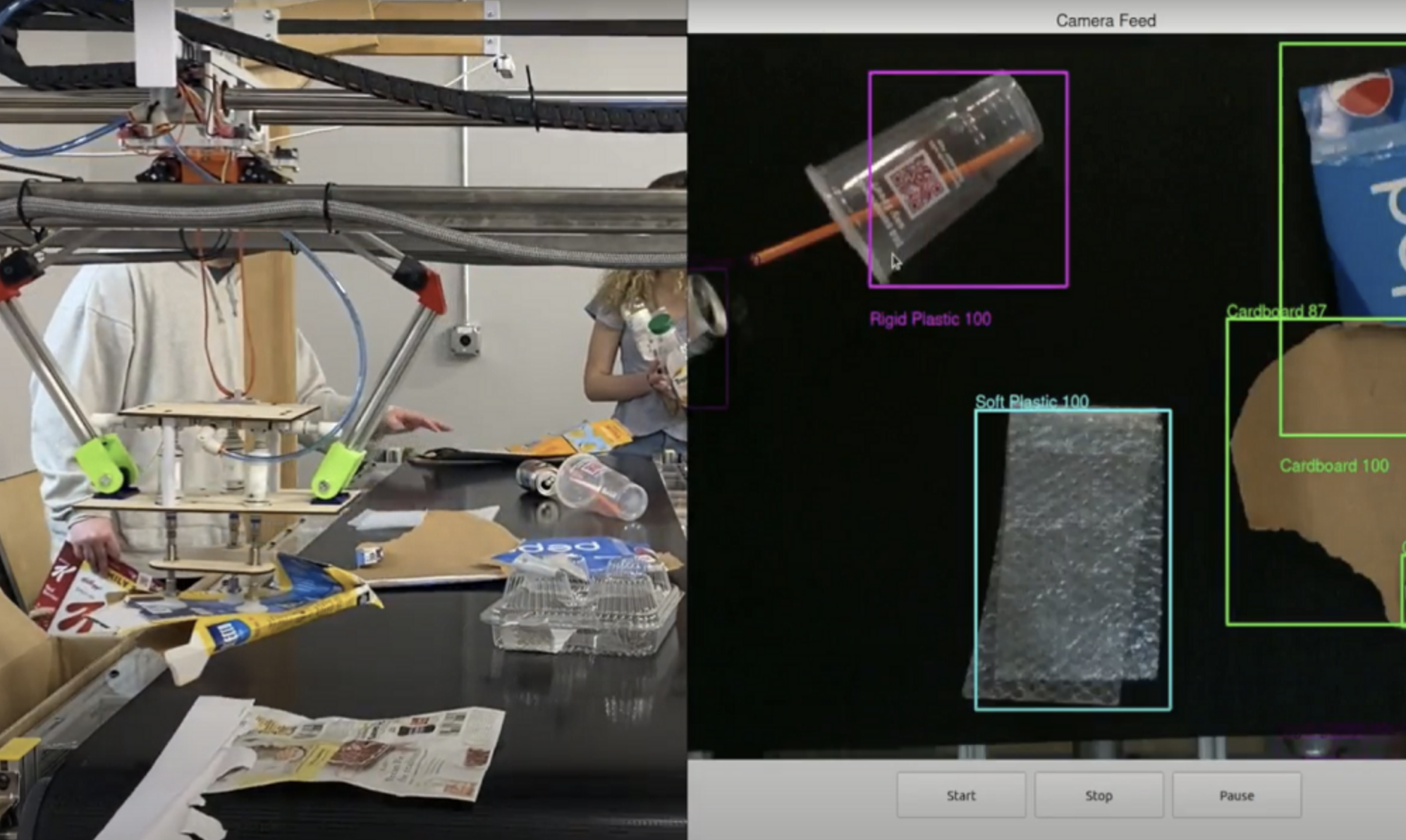On the surface, the project seemed straightforward enough. But typical of IQPs, the solution required deep research, questioning, and much grappling with the implications of technology on society.
Its intent was to understand big data and how it could be applied in a waste setting, according to Akshaye Shah ’19, Copenhagen Project Center team member. It evolved to understand what social boundaries and privacy laws are in place and how various organizations feel about collecting data that is quite sensitive.
By the end of A-Term 2017, Shah and his teammates had provided a list of recommendations for using big data to improve waste management in Denmark and a corresponding set of suggestions to protect Danish citizens from that data’s being misused.
The team’s sponsor—the Danish Waste Association—was so impressed, it invited the students to present their findings before a group of industry leaders.
That kind of close working relationship and real-world impact is common at the Copenhagen Project Center, according to current director Steve Taylor. In its 20 years, IQP students have worked on issues as diverse as sailing technology, techniques for the visually impaired, the viability of stereolithography to reproduce fragile artifacts, and bicycle theft in Denmark. The center has proven so popular, it has added a second term.
The big data team was among six in Copenhagen last fall. The others focused on researching environmental sustainability education in Amager; helping establish an open source business model toolkit to encourage innovation in the manufacturing industry; designing a business model for a flood protection company; looking at reducing noise and waste in Copenhagen; and creating a website to attract more sponsors to the Copenhagen Project Center.
Diane Celaj ’19 says she was intrigued by the opportunity to experience Denmark and excited about working on the big data project. Her team learned that Denmark produces more waste per capita than other European country and has room to improve its 68 percent recycling rate.
The students visited waste management companies, recycling plants, and municipalities in rural and urban areas, learning how each operates and the types of data they collect. The team realized that for data to be helpful, it would have to include such specifics as the type and quantity of trash that individual households generate. Yet, this level of detail would raise alarming privacy issues. Insurance companies, for example, could raise rates for people who throw away a lot of liquor bottles, Celaj points out. “When you dig a little deeper, you realize there’s so much that can go wrong with having that kind of data.”
The team spoke with cybersecurity experts and surveyed Danish citizens. They factored in the country’s cybersecurity laws and the effect of the European Union’s newly passed General Data Protection Regulation. “The students embraced it completely,” says computer science professor Hugh Lauer, co-advisor with Fabio Carrera of the Center.
And the students were embraced by their sponsors. As professionally satisfying as it was to be invited to present their findings at an industry conference, Celaj says it was as gratifying to be accepted as equals by their Danish hosts. The sponsors treated them like co-workers, even inviting them to participate in their annual 5k race.
“There’s a sharing and a community going on,” Taylor notes. “Even when the organization is very small, the students become part of the community.”




